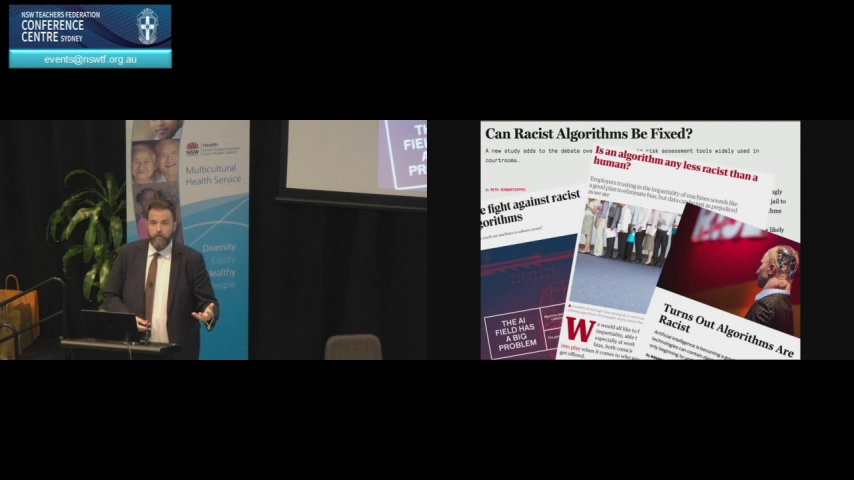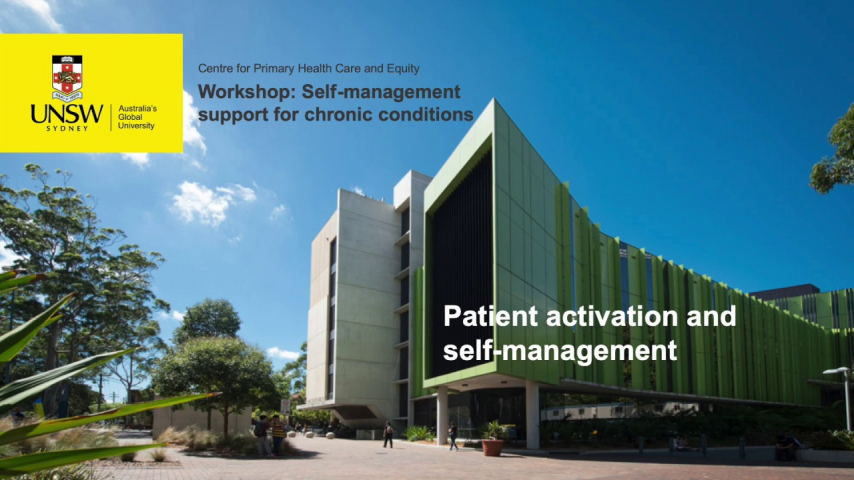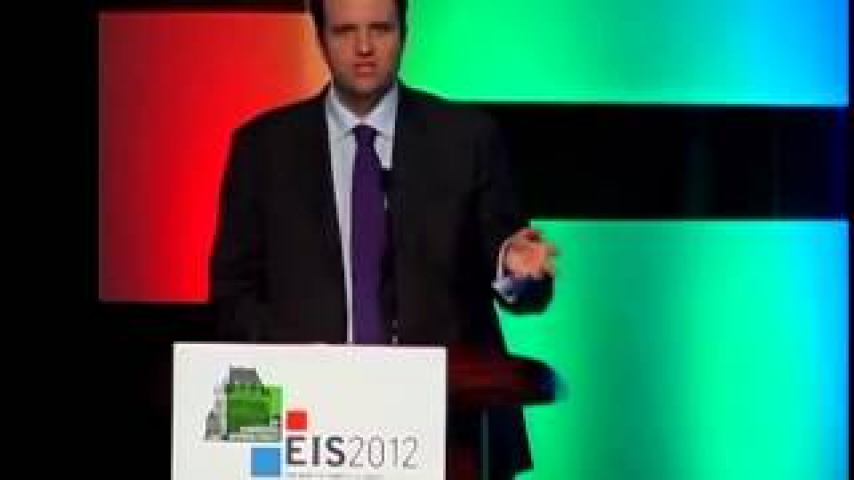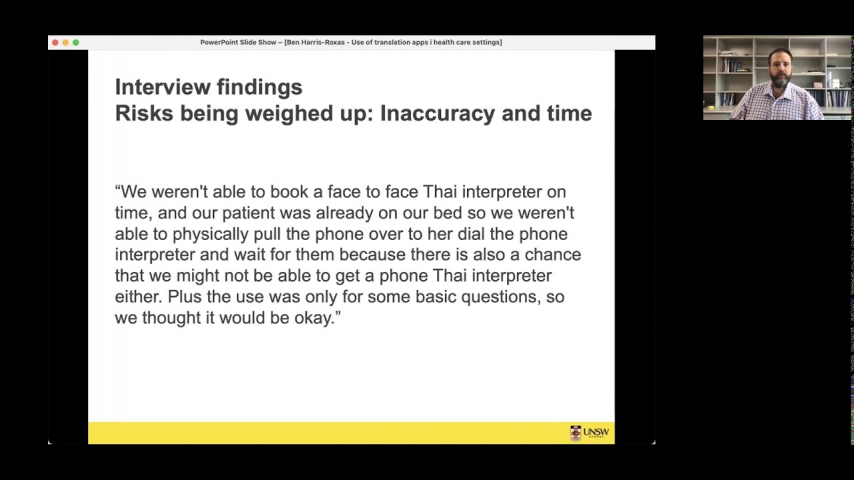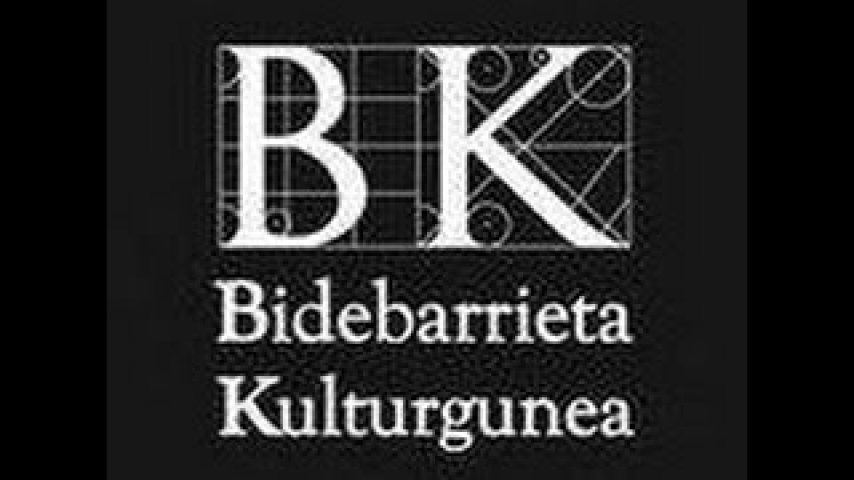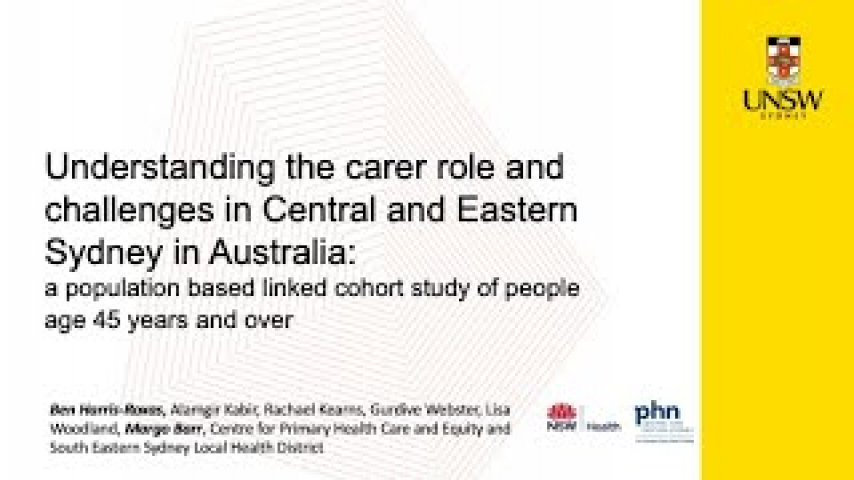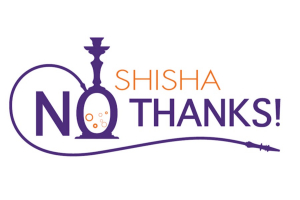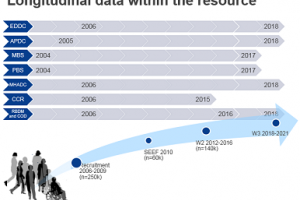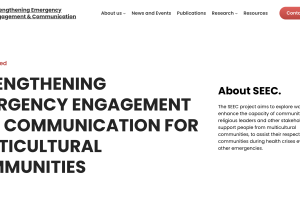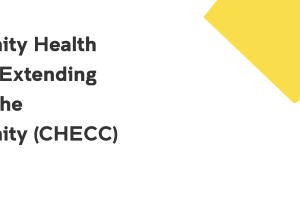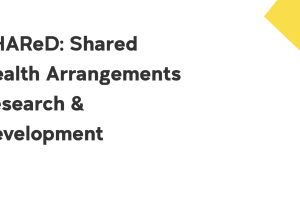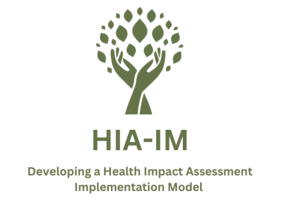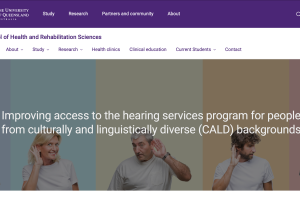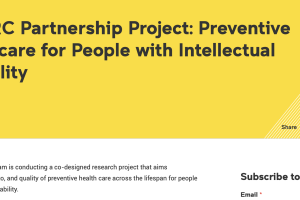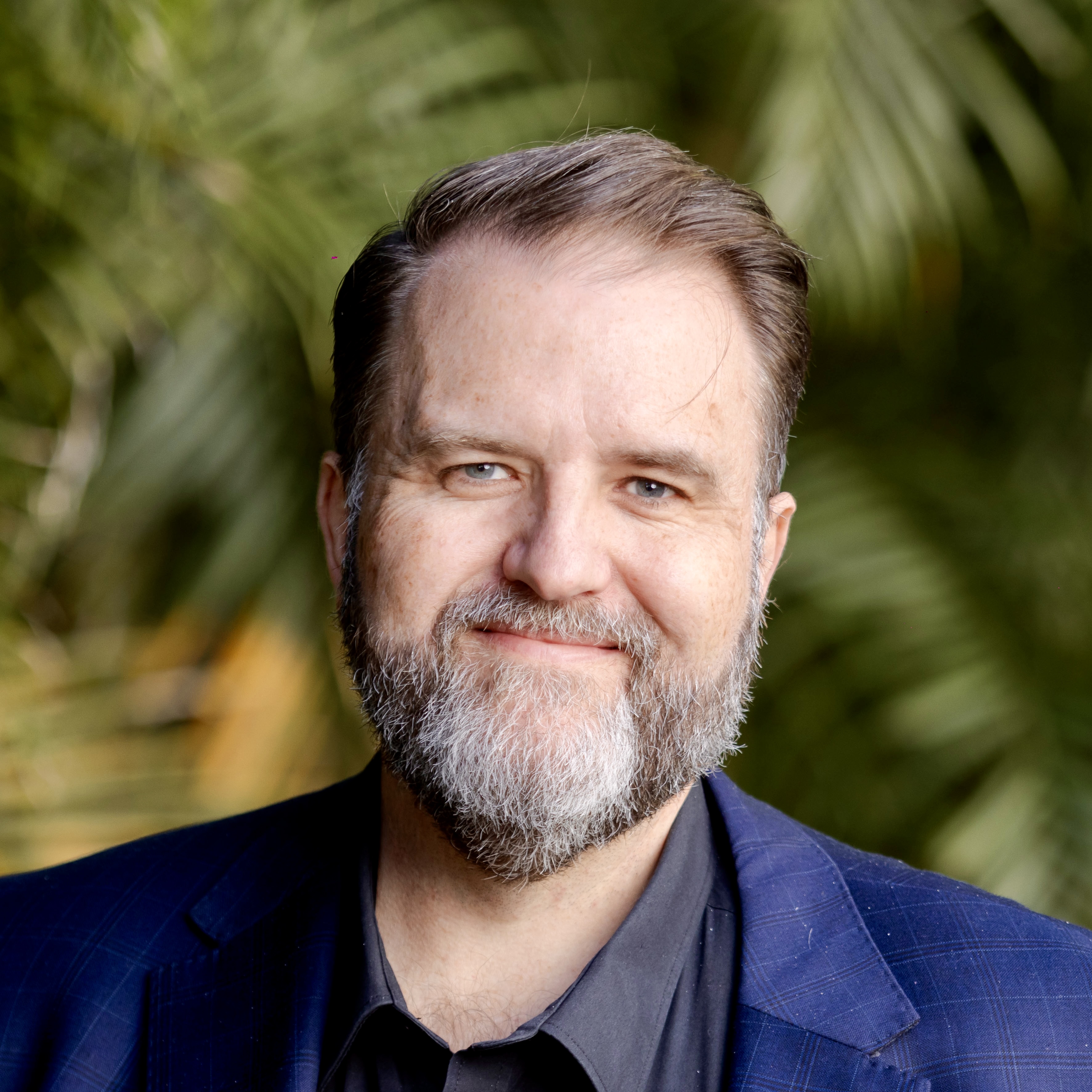
My Expertise
I work to ensure health services reach everyone. For over 20 years I've partnered with organisations, communities, and policy makers to design more inclusive health systems - especially for people from culturally diverse backgrounds, carers, and people who experience disability. My teaching is about how health organisations and systems can plan, change, and act. My research develops methods like health impact assessment that shape both decisions and practice.
Keywords
Fields of Research (FoR)
Primary health care, Health services and systems, Public health, Social determinants of health, Service designSEO tags
Biography
Associate Professor Ben Harris-Roxas is an internationally recognised expert in health services research, integrated care, and health impact assessment. His research strengthens health systems for people from culturally diverse backgrounds, people with disabilities, and carers.
Ben received his PhD from UNSW Sydney on using equity-focused health impact assessment in health service planning. He worked across government, health services, and...view more
Associate Professor Ben Harris-Roxas is an internationally recognised expert in health services research, integrated care, and health impact assessment. His research strengthens health systems for people from culturally diverse backgrounds, people with disabilities, and carers.
Ben received his PhD from UNSW Sydney on using equity-focused health impact assessment in health service planning. He worked across government, health services, and consulting before returning to universities - experience that shaped his commitment to research that shapes practice.
Ben joined UNSW School of Population Health in 2021, and has been an investigator on research projects worth over $27 million and published more than 90 articles and book chapters. He convenes courses with over 400 postgraduate students enrolled each year and serves as Director of Dual Degree Programs in the School of Population Health, which bring together internationally recognised programs in Public Health, Health Leadership and Management, Global Health, and Infectious Disease Intelligence.
Ben's previous international leadership has included chairing the International Union for Health Promotion and Education's Global Working Group on Health Impact Assessment and the International Association for Impact Assessment's Global Health Section. He has consulted for the World Health Organization on health impact assessment and intersectoral action for health. Previously, he directed a joint evaluation and research collaboration between South Eastern Sydney Local Health District and UNSW Sydney.
Ben currently supervises PhD, Doctor of Public Health, and Master of Philosophy students. He welcomes prospective students interested in strengthening health organisations through multicultural community engagement, integrated care for marginalised groups, and health impact assessment.
My Grants
Career research income as Investigator
Total funding $27.376 million
Category 1 Competitive peer-reviewed research funding programs $18.341 million
Category 2 Australian government funding $3.639 million
Category 3 International and industry funding $5.359 million
Grants in past five years
- Rhee, J., Harris-Roxas, B., Tam, M., Andrew Knight, Pond, D., Kidd, M., Carey, M., Barr, M., Zwar, N., Jonnagaddala, J., Sharma, A., Dawda, P., Lin, S., Gordon, S., Ali, R., Tran, M., Conway, D., Gonski, P., Caplan, G., … Lewis, E. (2025-2029). MyMedicare for older adults living in residential aged care homes: Mixed-methods evaluation, 2023 MRFF Multidisciplinary Models of Primary Care Stream 2-3.
- Kidd, M. et al. (2024-2029). [Associate Investigator] National Multidisciplinary Primary Care Research, Policy and Advocacy Consortium, Medical Reserach Future Fund (2024/MRF2035697).
- Narasimhan, P. et al. (2025). [Associate Investigator] User-centred design and testing of a conversational Artificial Intelligence (AI) chatbot to address language barriers in Emergency Department Triage - The TRIBOT study, NHMRC 2024 Ideas Grants (2024/GNT2038330).
- Yadav, U. et al. (2025-2028). [Associate Investigator] Implementation and evaluation of a novel Codesigned Integrated Multimorbidity Management by Community Health Workers (CIMM-CHW) in eastern Nepal, 2024 NHMRC-GACD Management of Multiple Long-Term Conditions Call (2024/2044217).
- Vidic, N., Harris-Roxas, B. (2024-2025). Supporting general practice to implement integrated rare disease care delivery in Australia, Healthy North Coast Primary Health Network.
- Barr, M., Kidd, M., Harris, M., Harris-Roxas, B., Rhee, J., Sharma, A., Sitas, F., El Haddad, N., Kearns, R., van Kemenade, C., Sunjaya, A., Burns, M., & Marshall, K. (2023). Review of general practice incentives: International evidence and literature review (Australian Government Department of Health and Aged Care).
- Dawes, P., Scarinci, N., Newall, J., Ching, T., Armitage, C., Waite, C., Orlando, M., & Harris-Roxas, B. (2023). Improving access to the hearing services program for people from culturally and linguistically diverse backgrounds (NHMRC 2021 Hearing Health Evidence Based Support Services).
- Ford, J., Vohra, S., Purdy, J., Walton, H., Ekermawi, R., O’Mullane, M., Birley, M., Douglas, M., Stevenson, A., Haigh, F., Harris-Roxas, B., Green, L., Black, D., Cave, B., Holroyd, I., & Lynch, H. (2023). Health Impact Assessments – current state of play and future direction [Grant FR-0004051] (The Health Foundation England).
- O’Mullane, M., Smith, K., Archibong, U., McHugh, S., Mullally, G., Purdy, J., Pursell, L., Harris-Roxas, B., Kelly, I., Kavanagh, P., Daly, H., O’Mahony, T., Green, L., Ward, J., Burke, S., Connolly, B., & Cave, B. (2023). Development of a Health Impact Assessment (HIA) Implementation Model: Enhancing Intersectoral Approaches in Tackling Health Inequalities (Irish Health Research Board).
- Seale, H., Harris-Roxas, B., Goddard, C., Smith, M., Heinrichs, D., Bromhead, H., Macnamara, J., & Blazek, K. (2023). Community driven communication and engagement during health crisis periods: Co-designing enhanced and transferable strategies (NHMRC 2022 Ideas Grants).
- Harris, M., Barr, M., Harris-Roxas, B., Spooner, C., Li, X., & El Haddad, N. (2022). Joint regional planning and governance: A systematic scoping review of relevant black and grey literature (Central and Eastern Sydney Primary Health Network on behalf of NSW PHNs)
- Hwang, Y., Withall, A., Harris-Roxas, B., Butler, T., Snoyman, P., Hampton, S., Elmer, S., & Cheng, C. (2022). "Turning on the HEADLITes”: Towards the first health and digital literacy intervention for older Australians leaving prison (UNSW Ageing Futures Institute 2022 Seed Funding Grant).
- O’Dea, B., Li, S., Whitton, A., & Harris-Roxas, B. (2022). While We Wait: Using digital technology to improve care for young people awaiting in-person mental health services (UNSW Medicine Neuroscience, Mental Health and Addiction Theme & SPHERE Clinical Academic Group (CAG).
- Dadich, A., Harris-Roxas, B., Ní Shé, É., Ní Chroinin, D., Kohler, F., & Boydell, K. (2021). What constitutes a brilliant model of aged care? (Sydney Partnership for Health Education, Research and Enterprise (SPHERE) Age and Ageing Clinical Academic Group).
- Haigh, F., Harris-Roxas, B., & Kanti Mistry, S. (2021). A rapid literature review to identify equity issues in access and delivery of telehealth interventions (Sydney Local Health District)
- Harris, Mark, Aslani, P., Levesque, J.-F., Barr, M., Sharma, A., Harris-Roxas, B., Wright, M., & Osborne, R. (2021). Community Health workers Extending Care in the Community (CHECC) (NHMRC Partnership Project Grants 2021, GNT1196912).
- Harris, M., Liaw, W., Chin, M., Knight, A., Harris, C., Goodger, B., Vuong, K., Harris-Roxas, B., & Taggart, J. (2021). Improving the quality of long term cancer survivorship care for colorectal and breast cancers (Avant Foundation)
- Harris-Roxas, B., Woodland, L., Freeman, B., McKenzie, R., El Haddad, N., Chan, L., & Sitas, F. (2021). Shisha No Thanks Phase 3: Raising awareness of the harms of waterpipe smoking (Cancer Institute NSW).
- McDonald, A., Harris, M., Simpson, A., Bailie, A., Spooner, C., Anderson, K., Cunich, M., Parcsi, L., Harris-Roxas, B., Hutchings, O., & Moore, M. (2021). Enhancing integration with primary care of patients with severe mental illness using a web-based shared care plan and telehealth solution (NSW Health Translational Research Grants Scheme)
- Trollor, J., Hrris, M., Kavanagh, A., Fisher, K., Long, J., Reppermund, S., Harris-Roxas, B., Spooner, C., & Sharma, A. (2021-2026). Developing a model of Preventative Healthcare for People with Intellectual Disability (NHMRC 2020 Partnership Projects PRC2).
Grant reviewer for:
- Medical Research Future Fund (Australia)
- National Health Health and Medical Research Council (Australia)
- Ramsay Hospital Research Foundation (Australia)
- RACGP General Practice Research Foundation (Australia)
- Health Research Board (Ireland)
- Health Research Council (New Zealand)
- ZonMw (Netherlands)
My Qualifications
PhD (Public Health, UNSW)
Master of Policy and Applied Social Research (Macquarie)
Bachelor of Social Work (UNSW)
My Awards
- Australian College of Health Service Management NSW Branch Leadership Recognition Award 2025
- UNSW Alan Hodgkinson Award for Teaching Excellence 2024
- UNSW School of Population Health Higher Degree Research Supervisor Award 2022
- UNSW Faculty of Medicine & Health Research Community Engagement Team Award 2022 for Shisha No Thanks
- Honourable Mention, 2021 Scientia Education Academy Exemplary Teaching Award
- NSW Premier’s Multicultural Communications Awards Campaign of the Year for Shisha No Thanks, 2020
- South Eastern Sydney Local Health District Health Awards (Keeping People Health Category) for Shisha No Thanks, 2020
- International Association for Impact Assessment, Institutional Award for NSW HIA Project, 2010
- Australian Health Promotion Association Ray James Memorial Award for excellence in health promotion research published in the Health Promotion Journal of Australia, 2010
My Research Activities
A/Prof Harris-Roxas' research activities have focused on primary health care, integrated care, and health impact assessment. His current projects include:
- SEEC
- CHECC
- SHAReD
- CES-P&CH
- HIA-IM
- Preventive healthcare for People with Intellectual Disability
- Shisha No Thanks
- Improving access to the hearing services program for people from CALD backgrounds
Some examples of research Ben has led and its impact are described below.
Shisha No Thanks
A/Prof Harris-Roxas led a group of researchers looking at attitudes and beliefs about waterpipe (shisha) use in Arabic-speaking communities. This research led to a Cancer Institute NSW-funded project on raising awareness of the harms of waterpipe use, starting in 2018 and ongoing). This resulted in Ben working community partners and four Health Districts to develop the “Shisha No Thanks” project. As a result of this project a significantly higher proportion of Arabic-speaking young people reported they were aware of the harms of shisha smoking (pre: 45%, post: 68%, p=0.003). This research helped secure an extension of funding, and the project is still ongoing. This research also led to the NSW Ministry of Health and Cancer Institute NSW embedding shisha smoking into broader tobacco control policies and practices. The Shisha No Thanks project won the 2020 South Eastern Sydney Local Health District Healthcare Award in the Keeping People Healthy category and the 2020 Business Campaign of the Year award in the NSW Premier's Multicultural Communications Awards. The UNSW Faculty of Medicine & Health awarded the project the Research Community Engagement Team Award in 2022.
Typology of health impact assessment
Health impact assessment’s (HIA) use has been called for by many international agencies including WHO and the World Bank. Early in the development of the field of HIA, there was debate about the extent to which methods for appraising health risks, quantification models, lived experience, and citizen science should inform assessments. There was also debate about the role government should play in commissioning and undertaking HIAs. In response to this A/Prof Harris-Roxas developed a typology that sets out different forms of HIA, based on an empirical study of the forms of HIA conducted internationally. The typology has been cited more than 150 times and has been used in the national policy and health impact assessment guidance developed in the Republic of Korea, Thailand, and Bhutan. Ben has delivered plenary addresses on the typology at conferences in Dunedin, Seoul, Quebec City, Kobe, and Paris.
Influencing policy on the use of translation apps in NSW
A/Prof Harris-Roxas and colleagues at UNSW, five NSW Local Health Districts undertook a survey on the use of translation and apps and websites in hospitals and health care settings. The survey of more than 1,500 staff found that a third had used a translation app or website in a clinical encounter, and of those, it was clinicians who initiated use in 66% of cases. These findings led to an update of the NSW Health Policy Directive on Interpreters in to clarify that the use of machine translation is not allowed, and also led to the development of alternatives including the CALD Assist app.
framework for the impact and effectiveness of health impact assessment
A/Prof Harris-Roxas and colleagues at UNSW developed and piloted a framework for evaluating whether health impact assessments lead to changes to decisions and implementation, which was the first of its kind in the world. This conceptual framework formed the conceptual backbone of a successful ARC Discovery Project. This project remains one of the largest studies that has been conducted internationally on the difference that health impact assessments make to decision-making and implementation. The framework has guided government evaluations in New Zealand and informed a Robert Wood Johnson Foundation-funded review of health impact assessments in the U.S.A. in 2013. Ben was an invited expert for a Pew Charitable Trusts project that evaluated the impact of health impact assessments they had funded in the U.S.A.
My Research Supervision
Supervision keywords
Areas of supervision
Topics
I welcome students in the areas of:
- Strengthening health organisations especially through multicultural community engagement
- Integrated care through coordination and support for marginalised groups
- Health impact assessment.
| Completions | Role | |
|---|---|---|
| Doctor of Philosophy (Phd) | 3 | 1 as Primary, 2 as Co-supervisor |
| Doctor of Public Health (DrPH) | 2 | 2 as Primary |
| Master of Philosophy (MPhil) | 1 | 1 as Co-supervisor |
| Medicine (Hons) | 2 | 1 as Primary, 1 as Co-supervisor |
Currently supervising
My approach to supervision
I provide high-quality, collegial supervision to higher degree research candidates as they further their careers as researchers and practitioners. My approach is based on regular two-way communication, supporting candidates to set and develop their own research direction, and developing candidates' networks, and supporting further opportunities. The HDR candidates that I currently supervise are leaders in their fields:
- Abdi, Fatemeh - Falls prevention in culturally and linguistically diverse (CALD) older adults
- Ali, Rula - The impact of early and longitudinal placement in clinical general practice on UNSW undergraduate medical students’ career choice and perception of general practice (PhD)
- Choudhry, Uzma - Food insecurity: cross-sectional analysis and health promotion needs (MPhil)
- Green, Jenny - Addressing education gaps amongst healthcare providers regarding long-term health risk after hypertensive disorders of pregnancy (PhD, UTS)
- Khan, Rabia - Understanding the role of social norms and trust on compliance with public health guidance (PhD)
- McCue, Peter - Engaging political actors to increase population levels of physical activity (PhD)
- McGlynn, Anna - Spread and scale of integrated care initiatives (DrPH Future Health Leaders)
- Nguyen, Paul - Feasibility of Using Retrieval-Augmented Generation to Address Language Barriers in Managing Patients with Abdominal Pain in the Emergency Departments (PhD)
- Mirkovic, Nada - Supporting Integrated Rare Disease Care (PhD)
- Wilson, Hester - Collaborative care between public specialist alcohol and other drug services and general practice (PhD)
My Engagement
Leadership
- 2025 – present Board Director, Council of Council of Academic Public Health Institutions Australasia (CAPHIA)
- 2025 – present Chair, Advocacy and Policy Subcommittee, Australasian Association for Academic Primary Care
- 2023 – present Director, Dual Degree Programs, School of Population Health, UNSW Sydney
- 2023 – present Research Co-Lead, UNSW Academic General Practice Network
- 2020 – 2024 Stream Convenor, Master of Public Health in Primary Health Care, UNSW Sydney
- 2023 – 2023 Deputy Director, Master of Public Health Program, UNSW Sydney
- 2022 – 2023 Lead, Academic Engagement, School of Population Health, UNSW Sydney
- 2021 – 2023 Lead, Partnerships working group, Health25 Strategy Implementation, UNSW Faculty of Medicine & Health
- 2017 – 2021 Co-Convenor, Health System Integration and Primary Health Care Development Stream, UNSW Centre for Primary Health Care and Equity
- 2015 – 2017 Convenor, Global Working Group on Health Impact Assessment, International Union for Health Promotion and Education
- 2011 – 2015 Co-Convenor, Health Section, International Association for Impact Assessment
Other current roles
- 2026 – 2027 Elected member, Faculty Board, UNSW Medicine & Health
- 2025 – present External academic member, Course Advisory Group, Discipline of Public Health, University of Canberra
- 2024 – present Central and Eastern Sydney Primary Health Network Community Council
- 2023 – present Member, UNSW Academic General Practice Network
- 2022 - present Adjunct Associate Professor, Centre for Health Services Management, Faculty of Health, University of Technology Sydney
- 2019 – present Advocacy and Policy Subcommittee, Australasian Association for Academic Primary Care
- 2019 – present Education Committee, UNSW School of Population Health
Editorial
- 2025 – present Editorial Board Member, Australian Journal of Primary Health
- 2016 – present Editorial Board Member, Impact Assessment and Project Appraisal
- 2019 – 2025 Associate Editor, Australian Journal of Primary Health
- 2010 – 2023 Editorial Board Member, Environmental Impact Assessment Review
- 2019 – 2022 Editorial Board Member, BMJ Integrated Healthcare Journal
- 2019 – 2020 Review Editor (Public Health Policy), Frontiers in Public Health
- 2010 – 2016 Associate Editor, BMC Public Health
My Teaching
My teaching interests are focused on strengthening health organisations, primary health care, and health equity.
I convene PHCM9391 Health Organisations, Strategy and Change, a core course within the School of Population Health's Master of Health Leadership and Management programs. I am Director of Dual Degrees in the School of Population Health. I contribute to PHCM9129 Prevention and Management of Chronic Disease, PHCM9626 Inequalities and Health, and PHCM9790 Digital Health.
I design activities and assessments that give students choice and control about the focus of their learning, and which allow them to draw on their prior learning and experiences. I'm committed to continuous educational improvement, and work in partnership with students to enhance courses.
Educational grants
I have been an investigator on Australian government-funded projects for education and capacity building worth $3.639 million between 2003 and 2023.
Location
Building C29 HTH Level 5
UNSW Sydney NSW 2052
Map reference (Google map)
Contact
Publications
ORCID as entered in ROS
Videos

